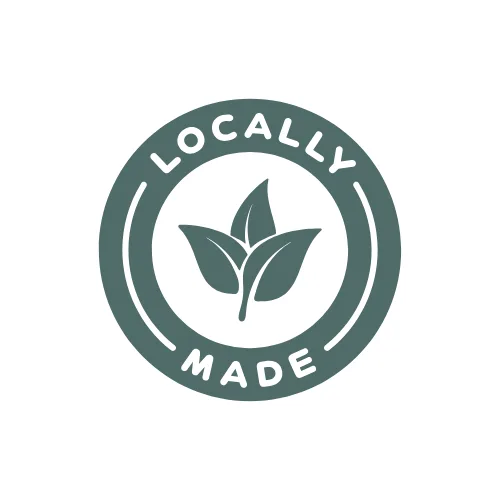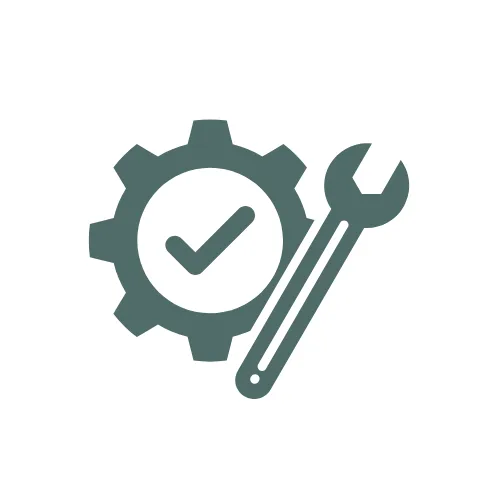No products in the cart.
 Everyone understands the benefits of a well-organized garden shed in terms of saving of time, energy, and money. If your tool-shed is uncluttered you will not have to waste time locating your trowel. Gone will be the frustration of having to waste energy moving the wheel barrow and that extra bag of potted soil to get to the lawn mower. And you will not have to waste money on an extra pair of gloves simply because you cannot find your own.Hose keepingIf you have ever tripped on a coil of hose and gotten hurt, you will remember how excruciatingly painful it can be. Keeping the coil of hose on a large hook can solve the problem. Choose a hook that has a steep angle to hold the coil of hose in place.Tool hangerTools with longer handles are best stored where they do not hamper movement and yet can be reached easily. Nailing a tool hanger to the inside of your shed’s door will create ample space on the walls for shelves and benches for pots.Build shelvesIn tight quarters there’s never sufficient light. As a consequence you must use open metal shelves to allow sunlight to permeate through the shed. Adjustable shelves help to match shelf to tool height.UnclutterMerely using shelves is not enough if everything is ultimately going to be piled up on them. It would be advisable to use metal or plastic bins to store the stuff.Magnetic helpMechanics have for long used magnetic bars to store, and manage their tools. It is always stellar to extend the idea to your garden shed so that your pruning shears and trowels can be store safely. Choose a magnetic strip strong enough to bear the weight of your tools and you will have the tools always readily accessible.Have space for a potting benchClear some space in the shed and make room for a potting bench. That is the best way to you can plant or repot your favorite plants even on a wet day. The potting bench will also allow your potting mix to remain dry.Maintain a calendarMaintain a calendar of gardening activities and it will save you the trouble of remembering when you last fertilized the lawn or planted seeds. Using a metal one will help create a precious place for plant tags, seed packets, and small parts with magnetic holders.Wicker basket Something as mundane as a wicker basket suspended from the door of your shed will create a space for small and most frequently used paraphernalia such as shears, trowels, gloves, or, maybe, even a reference book. It’s the easiest place from where you can grab your equipment and begin working.BasketsAn old bushel basket can be put underneath the potting bench to store mulch, birdseed, or potting mix. You can easily purchase bushel baskets at the flea market for a bargain, but any basket or bin will be handy for the job.Make wheeling easyYou can make wheeling anything in and out of the shed by using a portable ramp. This one will be easy to make. Just a couple of 2x4s and a ½ inch plywood combine to create a ramp high enough to wheel equipment in and out while being use and small enough to store when not.Shed designBefore you head to the hardware store to buy stuff that will enable you to build a storage shed of your own just make a pile of all the gear and paraphernalia that you would like stored and measure its aggregate length/size. If you are going to store bigger power tools then it is pretty obvious you will need greater space.PrioritizeOnce your shed is up, determine which equipment you are going to use more often and which you need less frequently. Equipment that is going to be used often should always be kept at the front and at the center. The rest can be assigned to the back portion. Trowels and gloves should always be kept in a way that they can be readily accessed.Tools to be hungFrequently used tools such as hand rakes, hedge sears, and small saws for cutting small branches and cultivators should be kept hung on the side of your shed doors. This not only protects the blades from inflicting damage on other tools but also help in enhancing their lifespan. However, they should be suspended from the lower part of the wall to protect you from their blades and prongs.Do not store extrasSort objects into groups. For instance, chemicals, cords, seeds, and pots can make up one group. Donate whatever equipment is surplus or discard the ones that are beyond use or repair or are rusted.
Everyone understands the benefits of a well-organized garden shed in terms of saving of time, energy, and money. If your tool-shed is uncluttered you will not have to waste time locating your trowel. Gone will be the frustration of having to waste energy moving the wheel barrow and that extra bag of potted soil to get to the lawn mower. And you will not have to waste money on an extra pair of gloves simply because you cannot find your own.Hose keepingIf you have ever tripped on a coil of hose and gotten hurt, you will remember how excruciatingly painful it can be. Keeping the coil of hose on a large hook can solve the problem. Choose a hook that has a steep angle to hold the coil of hose in place.Tool hangerTools with longer handles are best stored where they do not hamper movement and yet can be reached easily. Nailing a tool hanger to the inside of your shed’s door will create ample space on the walls for shelves and benches for pots.Build shelvesIn tight quarters there’s never sufficient light. As a consequence you must use open metal shelves to allow sunlight to permeate through the shed. Adjustable shelves help to match shelf to tool height.UnclutterMerely using shelves is not enough if everything is ultimately going to be piled up on them. It would be advisable to use metal or plastic bins to store the stuff.Magnetic helpMechanics have for long used magnetic bars to store, and manage their tools. It is always stellar to extend the idea to your garden shed so that your pruning shears and trowels can be store safely. Choose a magnetic strip strong enough to bear the weight of your tools and you will have the tools always readily accessible.Have space for a potting benchClear some space in the shed and make room for a potting bench. That is the best way to you can plant or repot your favorite plants even on a wet day. The potting bench will also allow your potting mix to remain dry.Maintain a calendarMaintain a calendar of gardening activities and it will save you the trouble of remembering when you last fertilized the lawn or planted seeds. Using a metal one will help create a precious place for plant tags, seed packets, and small parts with magnetic holders.Wicker basket Something as mundane as a wicker basket suspended from the door of your shed will create a space for small and most frequently used paraphernalia such as shears, trowels, gloves, or, maybe, even a reference book. It’s the easiest place from where you can grab your equipment and begin working.BasketsAn old bushel basket can be put underneath the potting bench to store mulch, birdseed, or potting mix. You can easily purchase bushel baskets at the flea market for a bargain, but any basket or bin will be handy for the job.Make wheeling easyYou can make wheeling anything in and out of the shed by using a portable ramp. This one will be easy to make. Just a couple of 2x4s and a ½ inch plywood combine to create a ramp high enough to wheel equipment in and out while being use and small enough to store when not.Shed designBefore you head to the hardware store to buy stuff that will enable you to build a storage shed of your own just make a pile of all the gear and paraphernalia that you would like stored and measure its aggregate length/size. If you are going to store bigger power tools then it is pretty obvious you will need greater space.PrioritizeOnce your shed is up, determine which equipment you are going to use more often and which you need less frequently. Equipment that is going to be used often should always be kept at the front and at the center. The rest can be assigned to the back portion. Trowels and gloves should always be kept in a way that they can be readily accessed.Tools to be hungFrequently used tools such as hand rakes, hedge sears, and small saws for cutting small branches and cultivators should be kept hung on the side of your shed doors. This not only protects the blades from inflicting damage on other tools but also help in enhancing their lifespan. However, they should be suspended from the lower part of the wall to protect you from their blades and prongs.Do not store extrasSort objects into groups. For instance, chemicals, cords, seeds, and pots can make up one group. Donate whatever equipment is surplus or discard the ones that are beyond use or repair or are rusted.



